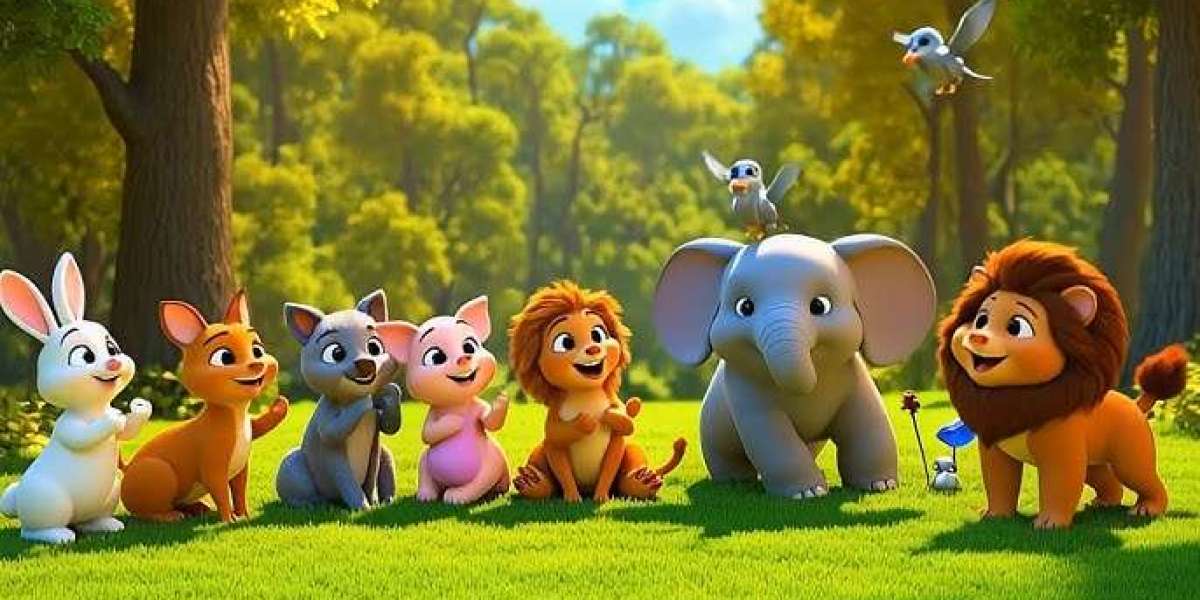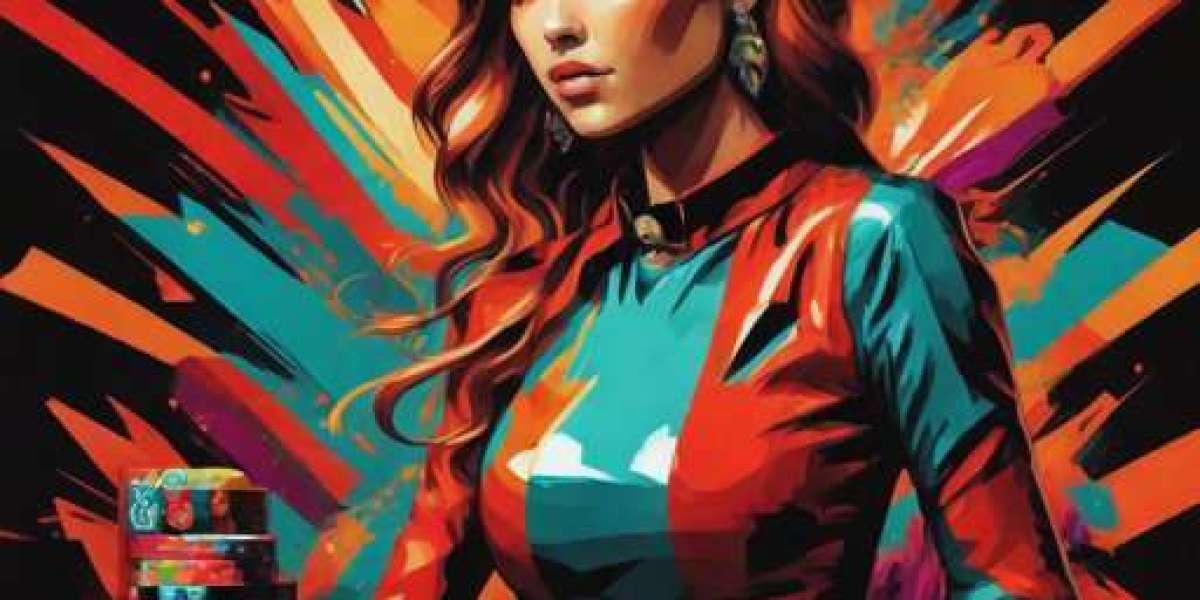In the ever-evolving landscape of digital content, AI animation stories for kids on YouTube Shorts are emerging as a vibrant new genre, reshaping how children engage with storytelling. As attention spans shorten and mobile-first platforms gain dominance, these short-form animated tales, powered by artificial intelligence, are proving to be not only entertaining but also educational and highly efficient to produce. This article explores the rise of AI animation in children's content, how creators use it for YouTube Shorts, and what makes it a transformative tool for the next generation of storytelling.
The Rise of AI in Animation
Artificial Intelligence (AI) has made tremendous strides in creative fields once thought to be purely human. From generating artwork and music to writing scripts and creating entire animated sequences, AI now plays a vital role in media production. Animation, with its traditionally labor-intensive processes, is one of the areas where AI has had the most profound impact.
Tools like Runway ML, Pika Labs, and Kaiber allow creators to generate realistic, stylized, or cartoon-style animations with minimal manual input. By analyzing prompts, scripts, or audio files, AI engines can automate character movement, lip-syncing, background generation, and even storytelling structures—features that drastically reduce production time and cost.
Why YouTube Shorts?
For children, this format is ideal—it aligns with their fast-paced media consumption habits and offers bite-sized learning and entertainment.
For creators, Shorts offers a low-barrier entry into content creation with high engagement potential. When combined with AI animation, creators can rapidly produce rich, imaginative stories that are visually engaging and easily digestible.
What Makes AI-Generated Stories So Effective?
- Speed and Scalability
Traditional animation can take weeks or months for even a short clip. With AI, creators can generate stories in hours, allowing for frequent uploads and content variation. - Cost-Effectiveness
Hiring animators, voice actors, editors, and storyboard artists can be expensive. AI tools often combine these roles, significantly reducing overheads. - Personalization
AI can help customize stories based on viewer preferences, enabling personalized story arcs, character appearances, or even language settings tailored to individual audiences. - Consistency in Quality
AI ensures high-quality visuals and sounds without human fatigue or error, maintaining consistency across episodes or story series.
Elements of a Great AI Animation Story for Kids
Creating successful AI animation for kids isn't just about flashy visuals. The content must be age-appropriate, morally instructive, and engaging. Key elements include:
- Simple yet imaginative plots
Stories should be short, direct, and filled with magical or adventurous elements to keep children intrigued. - Colorful characters
Kids respond well to bright colors and unique characters—whether it’s a talking animal, a superhero bunny, or a dancing robot. - Clear morals or lessons
Themes such as kindness, honesty, teamwork, and curiosity are essential. The message must be easy to understand and relatable. - Catchy music or sound effects
Sound design plays a big role in grabbing attention. AI-generated music can make each short more memorable. - Voiceovers with character
Tools like ElevenLabs or Murf.ai allow creators to use expressive AI voices that mimic natural speech and emotions.
Popular Themes and Genres
Certain storylines consistently capture the hearts of young viewers.
- Fairy Tales Retold
Classic tales like Cinderella or Jack and the Beanstalk can be reimagined with futuristic twists—Cinderella becomes a robot inventor, for instance. - Animal Adventures
Stories involving animals—especially talking ones—are always a hit. - Everyday Lessons
Simple morals like brushing your teeth, sharing toys, or being polite are ideal for educational Shorts. - Fantasy and Magic
Magical realms, potions, and spells provide endless creative opportunities that kids love. - STEM Stories
AI can make science fun. Stories about space explorers, young inventors, or time-traveling kids can spark curiosity and learning.
Tools Powering AI Animation for Kids
Here are some key tools content creators use to develop AI animation Shorts for children:
- Toonly & Animaker – Great for drag-and-drop cartoon animation with voiceovers.
- Runway ML – AI video editing and animation generation with green screen effects.
- Pika Labs – Generates animated scenes from prompts or scripts.
- ElevenLabs – High-quality AI voice generation.
- Canva with AI features – For simple scene design and storytelling visuals.
These tools lower the barrier to entry, even for creators with no background in animation or storytelling.
Safety and Ethics
With great power comes responsibility. As AI animation for kids becomes more prevalent, ensuring ethical content creation is vital:
- Avoid harmful stereotypes or violent content.
- Supervised use of generative tools, particularly when involving child-related themes or characters.
Platforms like YouTube also require that content made for kids adheres to COPPA regulations (Children’s Online Privacy Protection Act).
Future Possibilities
We can expect:
- Multilingual releases, breaking language barriers instantly with AI translation and dubbing.
- Real-time animation generation, where kids suggest characters or plots and AI brings them to life within seconds.
- AI tutors as characters, blending entertainment with education in a personalized format.
Conclusion
AI animation is revolutionizing storytelling for children, especially on platforms like YouTube Shorts. Fast, flexible, and affordable, AI tools empower creators to deliver colorful, captivating, and meaningful stories in under a minute. As the technology matures, we can expect richer stories, smarter characters, and even more interactivity—all tailored to nurture young minds.
With the right mix of creativity and responsibility, it holds the power to inspire the next generation—one 60-second story at a time.
Check latest and more article click here.






